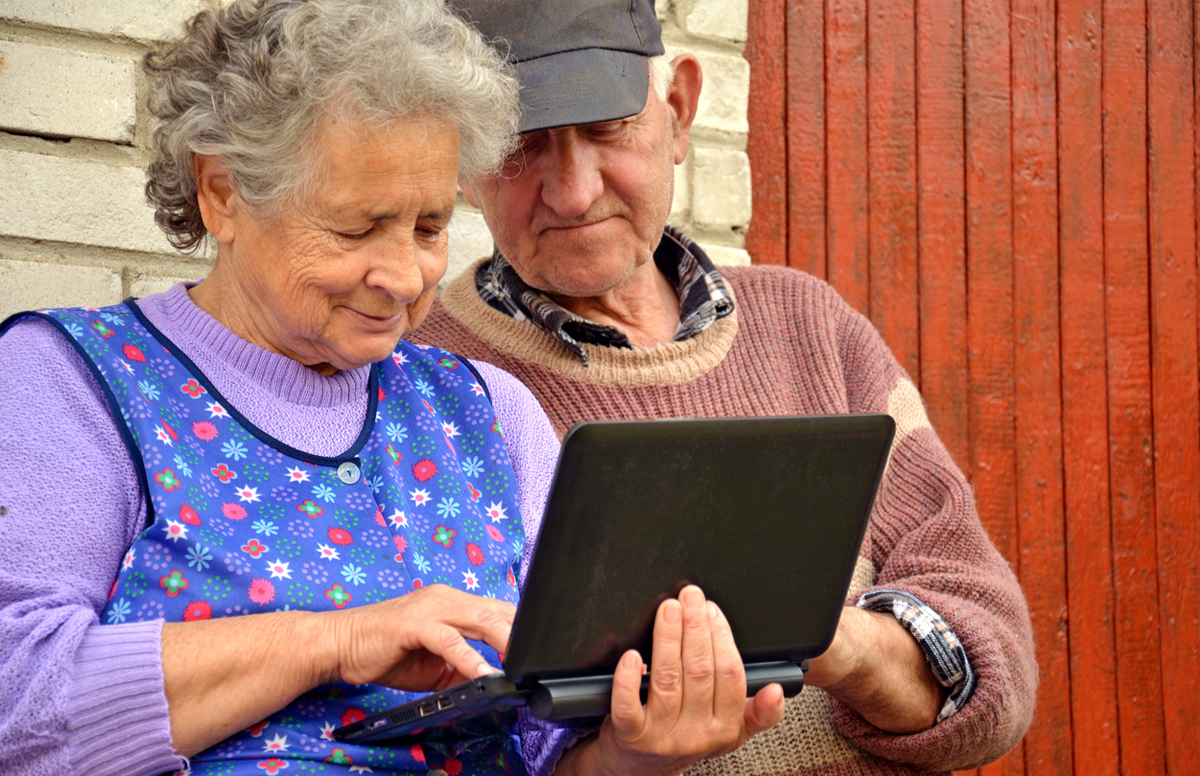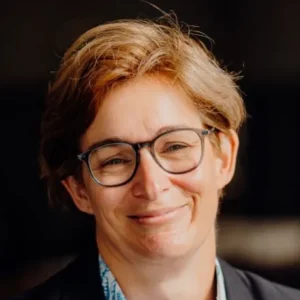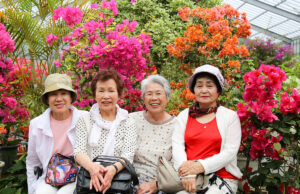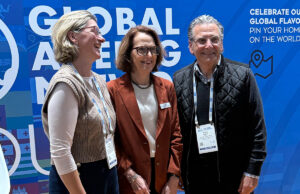This year’s Global Ageing Network Summit will be held in conjunction with the LeadingAge Annual Meeting in Boston, Massachusetts, in November. Following several Global Ageing Network-sponsored Site Visits on 31 October, an all-day Global Ageing Network Summit: Innovation in Aged Care will be held 1 November.
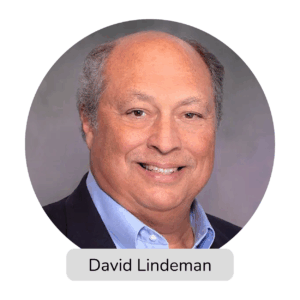
Technology’s critical role in addressing the opportunities and challenges created by the dramatic worldwide growth in the older adult population will be among the topics considered at the Summit, in a session moderated by health services researcher and gerontologist David Lindeman.
Lindeman is executive director of CITRIS Health, part of the Center for Information Technology Research in the Interest of Society and the Banatao Institute (CITRIS), a University of California research center focused on creating IT solutions that generate societal and economic benefits for everyone. Lindeman’s current focus at CITRIS is working with researchers, entrepreneurs, and investors on the incubation, startup, evaluation and scaling of technology-enabled health care solutions. He is also a member of the LeadingAge Board of Directors, and board liaison to LeadingAge’s Center for Aging Services Technologies (CAST).
Global Ageing Network spoke with Lindeman about his observations on the current role of technology and digital science in aged care, as well as the Summit program.
Global Ageing Network: Please tell us about your work at CITRIS (The Center for Information Technology Research in the Interest of Society).
David Lindeman: CITRIS was designed and developed by the government of California as one of four multicampus interdisciplinary programs to translate technology into practice and to the benefit of society. The organization works across a number of areas including climate, transportation, and infrastructure—all different ways technology can benefit society.
I direct the Citrus Health Program, which, in addition to a broad array of digital health technology solutions, works towards benefiting older adults in particular. Our program works with technology companies to put into practice and scale as great a benefit as possible for end-users, who are not only older adults, patients, residents, but providers, the workforce, and policymakers. Our greatest emphasis right now is on data science and artificial intelligence.
Global Ageing Network: Does CITRIS work internationally?
David Lindeman: Yes. I’m working with groups in Germany, Denmark, and China right now. We work a great deal with companies in Silicon Valley … and we have an incubation program working with a number of startups, both those that are created within our organization and across our campuses as well as working with companies in the AgeTech Collaborative and other organizations globally.
Global Ageing Network: Can you talk about the use of technology at the international level by aged care providers? How are they integrating new technologies? And where do we stand with AI internationally—for aged care in particular?
David Lindeman: Where technology is in different countries, first and foremost, is based on [their] digital access and sophistication; and use of technologies is based on affordability in so many ways, [as well as] policy and regulations in those countries regarding the use of AI and data science.
The United States is clearly near the top in terms of use of technology solutions, but there are many countries, in both western and eastern hemispheres, that are using technology in very sophisticated ways. The major issues often are based more on the larger health care and long-term care systems within those countries. In Germany, for example, we’re actually helping do an outline and plan for a lot of technology-based solutions. They have some good startup companies, but they’d like to have U.S. companies engaged.
The key issues are often around privacy and security and how data are managed—often much more rigorously than in the U.S. You have sophisticated countries like Singapore, Hong Kong, or Japan, who are using different types of technology solutions based on their needs, and then you have a number of countries that have not had as much access to it, particularly because of affordability.
Regarding AI, we’re seeing rapid development in China, different solutions in European countries, and it’s moving so quickly that organizations and companies are leapfrogging each other. I anticipate [AI is] going to be the game-changer over the next couple of years as we see low-cost software-driven solutions that are already making transformative changes, for example, in translation, in being able to do predictive programs, developing care plans for individuals, [making] work more efficient, and allowing both more time to go towards care of individuals, as well as engagement of older adults directly, allowing them to be very much a part of the decision-making process and creating new engagement processes through AI-based programs.
Global Ageing Network: CITRIS has been involved in the Lighthouse for Older Adults Project, which brings broadband internet connectivity and digital devices to older adults living in affordable housing in California, and there are other initiatives in the U.S. with similar goals. What is the situation internationally? Are there interesting examples of programs doing similar work?
David Lindeman: Germany has [such an] effort afoot. It’s driven by a group out of Berlin that would like to see this expanded nationwide. They are trying to do that in Denmark. Singapore has made technology solutions available to its entire population, and Japan is moving very much in that direction. For countries that already have a technology-literate aging population, it is much easier to get there. But it’s variable. I’ve looked at a few UN programs, World Health Organization, but nobody’s really done a thorough survey that I’ve seen, [though] I may not be up to date on that.
Global Ageing Network: You will participate in the upcoming Global Ageing Network Summit: Innovation In Aged Care, on 1 November, 2025, moderating a session on Emerging Technology Solutions. What do you hope Summit attendees can take away from your session and the conference?
David Lindeman: The intent of the panel and the technology emphasis for the Global Ageing Network will be to highlight successful applications of technology to benefit older adults—and system-wide efforts that we can learn from internationally. We want to highlight both the opportunities that technology offers, particularly as we move into a new era of AI-based programs, but also identify the issues that will have to be managed as we move there. The program will focus on fundamental problem-based technology solutions that have been successful, and also look towards the future: how AI-based solutions … could transform the way the older adults benefit from service providers, but also have new engagement from their own perspective, and be much more empowered.
